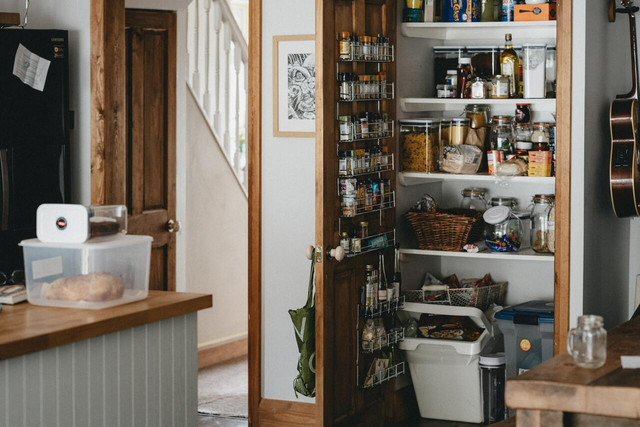You may love to cook, but with genius inventions like air fryers, you may be using less or no oil. Could that bottle of oil you’ve got standing in your kitchen go bad?
Cooking oil is a term used to describe the multiple different vegetable or seed oils used specifically for cooking purposes. You might have a plethora of options for your cooking palette.
In this article, we will cover various types of oil – how to best preserve them for longer use and to check whether they are still fresh.
Does Cooking Oil Go Bad?
The short answer is yes: cooking oil does go bad. When can depend on the type of oil, how it is stored and processed.
Oils including olive oil, vegetable oil, sunflower oil, canola oil can last for up to two years unopened or one year opened and stored properly. On the other hand, more delicate oils, such as various nut oils, sesame oil, or corn oil have a one-year shelf life unopened and whilst open can last between four and nine months.
You can tell when cooking oil has gone bad by closely examining the look, smell, and taste. You might notice it has gone rancid with a strong pungent smell, a stale and fatty taste. This can cause digestive discomfort and add an unpleasant taste to your food. Dispose of any oil that has gone bad in a sealed container.
If you need to use a lot of oil for a recipe – let it cool down to a safe temperature and store it in a container in the fridge to reuse within the next few days. You should only reuse it up to three times to avoid the formation of trans fat. You can even mix old and new oil for frying. Some don’t like to reuse cooking oil to avoid carcinogens.
How To Store Cooking Oil



(Foto: CCO / Annie Spratt / Unsplash)
Cooking oil is best preserved when stored away from light or heat – a cool, dark place such as a kitchen pantry works best.
You can even store it in the fridge to lengthen its shelf life further: just allow it to get to room temperature again before using. The freezer is not recommended as this can change the structure of the oil, thus speeding up the spoiling process once the oil thaws.
If you want some always out for accessible use – decant a little bit into a smaller storage container to keep most of it fresh. Dark or opaque containers preserve the oil better. Important: always keep the container sealed after use.
You can also store the rest of your oil in the fridge if you’d prefer. Oils with a lower fat content, such as safflower, sunflower, and canola, are best kept refrigerated. Whereas oils with a higher fat content like coconut oil do not need to be kept refrigerated.
Read more:
- How to Fry Eggplant with Less Oil: Easy Instruction and Tips
- Olive Oil for Hair: Natural Hair-Care
- Can You Fry With Olive Oil? What to Watch Out For
Do you like this post?







